What can we, as health care professionals, do to combat this? I’d like to suggest a solution that has helped me over 40 years of practice: changing the fundamental dialogue with the patient so that the clinical encounter becomes “person-centered” rather than “disease-centered,” and spending more time on whole-person care, prevention, and the reversal of chronic disease.
As I have studied how to get the concept of healing back into the heart of medicine, I have restructured my office visits and reframed the patient experience from one focused exclusively on diagnosing and treating disease to one that emphasizes self-care. I have shifted to an integrative health approach that seeks to engage and empower the patient in their own healing.
Numerous studies show that only 15 to 20 percent of health, for an individual or a population, comes from medical care. Nearly 80 percent comes from other factors rarely addressed in doctors’ offices in an organized way; factors such as mental health and the behavioral and lifestyle choices that people make every day—choices about food, movement, sleep, stress, and substance use. I find that most patients want to discuss these things and are grateful when I bring them into the discussion.
As physicians, we were trained to follow the SOAP Note format (Subjective, Objective, Assessment, Plan) and use it to chart a patient’s condition and treatment. This approach sharply limits our ability to make healing our primary mission because it fails to address the personal, social, behavioral, and environmental factors that cause most chronic diseases–that is, it does not deal with directly with a patient’s determinants of health. Nor does it evoke what really matters to the patient and why they want health or treatment.
That’s why over the years, I have developed a supplementary note to assess a patient’s health determinants that I call the Healing-Oriented Practices and Environments (HOPE) Note. My goal is to reach a more profound understanding of the person and how to help them heal. Instead of just asking What’s the matter with you? I start a HOPE Note by asking What really matters to you?
In my restructured office visit, the HOPE Note interview gives me the chance to ask questions of my patient in a way that allow us to explore, together, the possibilities of meaning and purpose, lifestyle and behavioral changes in a way that empowers them with the agency needed to take control of their own health.
I have found in the HOPE interviews that my patients, like an estimated 40 to 60 percent of the U.S. population, have already been trying a variety of complementary and lifestyle approaches for their health. These are approaches such as yoga, massage, acupuncture, nutritional counseling, supplements, mindfulness, and biofeedback. By asking the right questions and listening closely to their answers, I can better guide patients away from risky behaviors and help them incorporate evidence-based approaches to optimal healing and wellbeing.
For me, a clear path has emerged to combat burnout. By changing the nature of my interactions with patients, asking different questions, and listening carefully for what they really want and need, I have brought my relationships with them to a more intimate and meaningful level. I would urge my fellow physicians to try their own versions of this approach as a means of bringing greater joy and healing into their practice.
15% Off Medical Practice Supplies
VIEW ALL
 Manual Prescription Pad (Large - Yellow)
Manual Prescription Pad (Large - Yellow) Manual Prescription Pad (Large - Pink)
Manual Prescription Pad (Large - Pink) Manual Prescription Pads (Bright Orange)
Manual Prescription Pads (Bright Orange) Manual Prescription Pads (Light Pink)
Manual Prescription Pads (Light Pink) Manual Prescription Pads (Light Yellow)
Manual Prescription Pads (Light Yellow) Manual Prescription Pad (Large - Blue)
Manual Prescription Pad (Large - Blue)
__________________________________________________
Appointment Reminder Cards
$44.05
15% Off
$56.30
15% Off
$44.05
15% Off
$44.05
15% Off
$56.30
15% Off
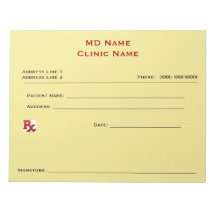
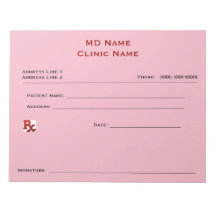
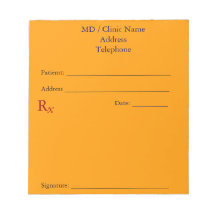
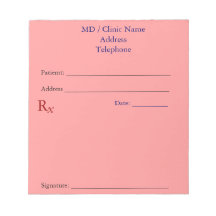
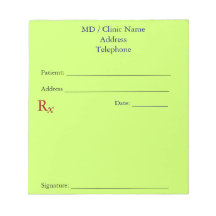
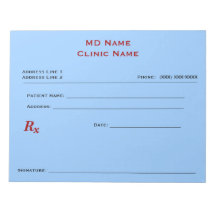
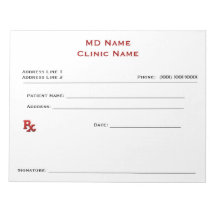
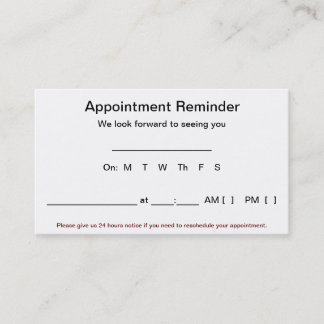
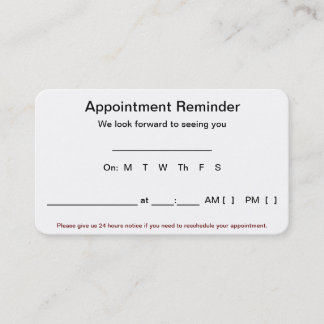
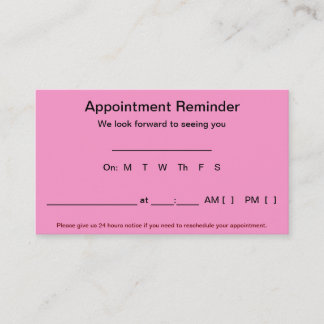
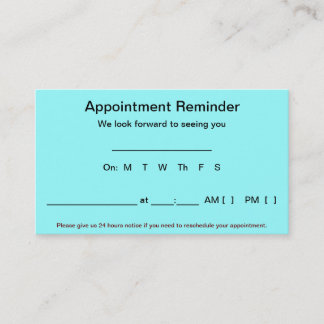
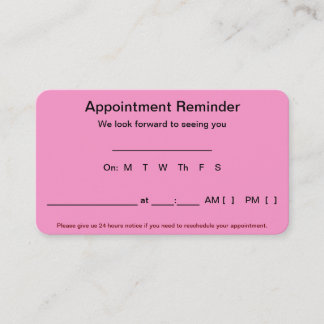
No comments:
Post a Comment